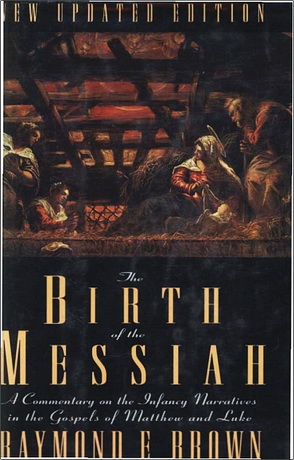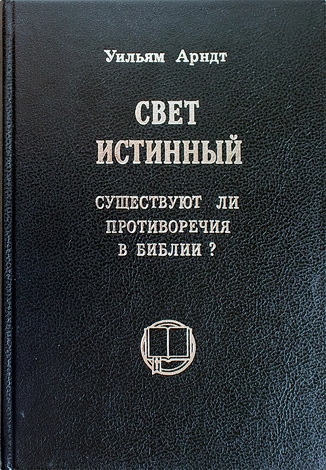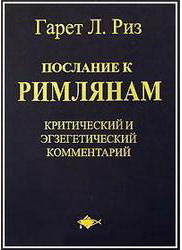
Brown - The birth of the Messiah
It is more than fifteen years since I wrote the above Foreword to The Birth ofthe Messiah. I was very encouraged by the reception given that work, especially on the part of those who wrote or told me that it made the Gospel infancy narratives truly meaningful. In the scholarly world the book seems to have catalyzed new attention to the infancy narratives, liberating them from comparative neglect, so that the literature on the subject in the years following 1976 was extraordinarily abundantnearly five hundred books and articles that are known to me! In the 1986 Catholic Biblical Quarterly I attempted a brief summary; but when Doubleday offered me the opportunity for a new updated edition, I realized that something like that would be totally inadequate. In the updating I have attempted to read thoroughly and reflect on this flourishing new literature. Some of it was very enlightening and gave me ideas that I could accept enthusiastically. In particular, contributions from narrative and literary criticism seemed to add new depth. With other contributions I wanted to enter into debate and argue out merits. Yet even then I often saw ways in which I could clarify my ideas and organize them better. Still other contributions I am convinced are wrong, but I needed space to explain why.
To make available the contributions of the last fifteen years and to organize what I learned from them, the best idea seemed to be a Supplement that could be added to The Birth of the Messiah, leaving intact the original work, which has proved enduringly helpful and popular. When I began, I never dreamed that the Supplement would run more than a quarter of the size of the original work, increasing the total size ofthe book from just under six hundred pages to over seven hundred and fifty. Indeed, the Supplement is almost a small book in itself! As I explain on the first page of the Supplement, I have constructed it in such a way that it is very easy to use in coordination with the original work.
Raymond E. Brown, S.S. - The birth of the Messiah: a commentary on the infancy narratives in Matthew and Luke
The Anchor Bible Reference Library Published By Doubleday
a division of Bantam Doubleday Dell Publishing Group, Inc.
ISBN 0-385-47202-1
Raymond E. Brown, S.S. - The birth of the Messiah: a commentary on the infancy narratives in Matthew and Luke - Contents
Scholarship and the Infancy Narratives (§ 1)
BOOK ONE: THE MATTHEAN INFANCY NARRATIVE
- I. General Observations on the Matthean Gospel and Infancy Narrative (§ 2)
- II. The Genealogy of Jesus (§ 3)
- III. The Composition of the Basic Mattbean Narrative in1:18-2:23 (§ 4)
- IV. The Conception of Jesus (§ 5)
- V. The Magi Come to Pay Homage to the King of the Jews (§ 6)
- VI. Herod Unsuccessfully Seeks to Destroy the King of the Jews (§ 7)
- VII. Epilogue (§ 8)
BOOK TWO: THE LUCAN INFANCY NARRATIVE
- I. General Observations on the Lucan Gospel and Infancy Narrative (§ 9)
- II. The Annunciation of the Birth of John the Baptist (§ 10)
- III. The Annunciation of the Birth of Jesus (§ 11)
- IV. The Visitati~n of Mary to Elizabeth (§ 12)
- V. The Birth and Naming of John the Baptist; Zechariah's Prophecy (§ 13)
- VI. The Birth and Naming of Jesus (§ 14)
- VII. The Presentation; Simeon and Anna Prophesy about Jesus (§ 15)
- VIII. The Boy Jesus in the Temple Speaks
- IX. Epilogue (§ 17)
Raymond E. Brown, S.S. - The birth of the Messiah: a commentary on the infancy narratives in Matthew and Luke - General Observations on the Lucan Gospel and Infancy Narrative
Most scholars today would maintain that Luke's Gospel was written in a church of the Gentile mission in the 70s or 80s. As with my general statements about Matthew's Gospel, I recommend to the reader a standard introduction for detailed arguments (footnote 1, § 2) and explain here only the elementary reasoning behind this position, so that the reader may appreciate the Lucan community situation as it affects the infancy narrative.
The Greek of Luke is the best of the four Gospels, and it is likely that Greek was the evangelist's native tongue. Indeed, he is so at home in it that he seems able to adapt his style to different circumstances and sources.1 The Gospel is noticeably lacking in Hebrew words, local Palestinian color, and direct OT citations. In this it is in marked contrast to Matthew; and so many scholars judge Luke's audience to be predominantly Gentile Christian, roughly contemporary with but quite different in membership from Matthew's mixed community of Jewish and Gentile Christians. The emphasis placed on Paul in the second half of Acts would be explicable if Luke was writing for a Gentile church that was an outgrowth of the Pauline missionary effort.
By the end of the second century a tradition is recorded (Muratorian Canon, Irenaeus) identifying the evangelist, who never identifies himself, as Luke, a companion of Paul. This tradition probably stems from an early analysis of the "We Sections" of Acts (16:10-17; 20:5-21:18; 27:1-28:16): Paul and the author were thought to constitute the "we," and the evidence was studied to see which of the Pauline companions might have feasibly been with Paul in the places covered by the "We Sections." This identification is now widely questioned because of the author's inaccuracies about Paul's career (Gal 1: 16-17 versus Acts 9: 19-29) and difierences from Paul's thought as we know it from the Pauline Epistles. In fact, the author's identity is not so crucial for a discussion of the infancy narrative as it would be for a discussion of Acts. We shall continue to speak of the evangelist as "Luke" without prejudice to the question of whether or not he really was Luke. More important for our discussion is the clear recognition since antiquity that the evangelist was not an eyewitness of the ministry of Jesus, a fact that can be deduced from his own statement (1:2). The features separating "Luke" from Paul would be more easily explained if the writing of Luke/Acts came at least a generation after Paul's literary activity in the 50s,8 when it was no longer possible to seek from Paul himself the details of his life, and when the changing Christian scene had modified Pauline thought even in those churches evangelized by him. A date in the 80s, give or take ten years, would also fit well the ecclesiology of Acts.





Комментарии
Пока нет комментариев. Будьте первым!